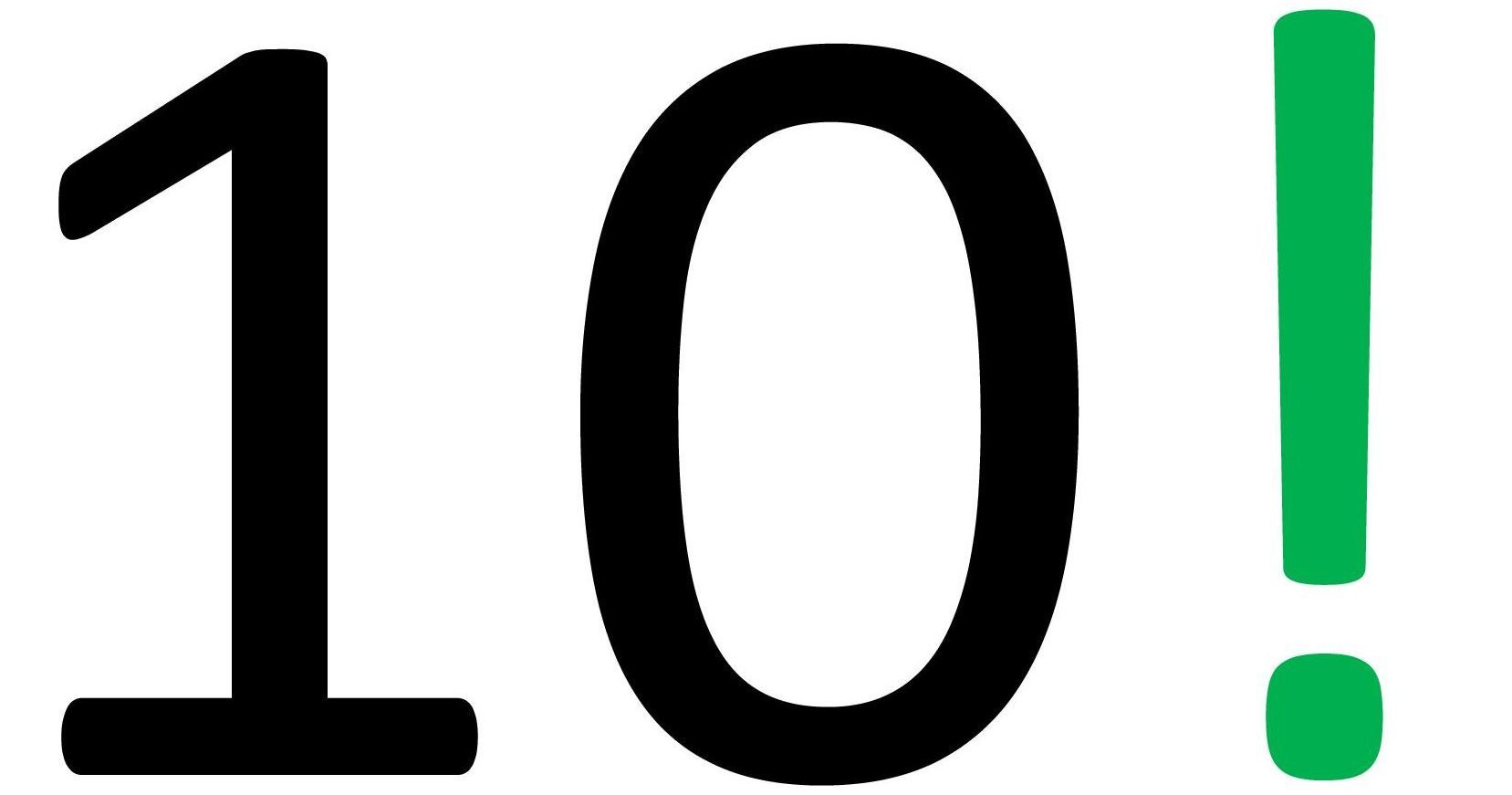Quite some time ago, I received an interesting email from an ‘insider’ in the real estate finance industry. His mail is in line with my views on real estate as an investment, but with some disagreements. I have largely reproduced it here with only some edits to be relevant to the present scenario. If you are already financially independent from investment properties, this may not apply to you, but vast majority of homeowners and real estate mogul-wannabes face many pitfalls in this route. Considering the provocative content, I am not disclosing the author’s name until I receive specific permission to publicly disclose it. There are 15 hard-hitting points on this note so I split the post into two parts. It is important for all of us to read and think over. Take it away, Mr. Insider!
Wonder if a house will be a profitable investment?

Real estate related businesses would say yes, but I disagree, because they don’t make money if buyers do not buy. These businesses have a large financial interest in misleading the public about the foolishness of buying a house now. Buyers’ agents get nothing if there is no sale, so they want their clients to buy no matter how bad the deal is, the exact opposite of the buyer’s best interest.
Agents make billions of dollars each year in commissions from buyers. Agents claim the seller pays the commission, but always fail to mention that the seller gets that money from the buyer, especially in flat to up markets where eager buyers are available. There are good buyer’s agents who really believe they are helping the buyer, but they are often in denial about their conflict of interests.
- Mortgage brokers take a percentage of the loan, so they want buyers to take out the biggest loan possible.
- Banks get origination fees but sell most mortgages, so they do not care about the potential bankruptcy of borrowers, and will lend far beyond what buyers can afford. Banks sell most loans to Fannie Mae or Freddie Mac. The conversion of low-quality housing debt into “high” quality Fannie Mae debt with the implicit backing of the federal government is the main support for the housing bubble. Even for the “jumbo” loans that banks cannot sell to Fannie Mae and Freddie Mac, they have a motive to lend beyond what buyers can afford. Banks designate interest as “income” whether they receive it or not. As long as borrowers do not actually default, additional interest owed is counted as bank income, and banks can claim higher “earnings”. This is why banks love both a growing real estate market and higher interest rates. Of course, the party ends when those borrowers cannot even make the principal payments.
- Appraisers are hired by mortgage brokers and banks, so they are going to give the appraisals that brokers and banks want to see, not the truth.
- Newspapers earn money from advertising placed by realtors, so papers are pressured to publish the realtors’ unrealistic forecasts. Worse, realtors have a near-monopoly on sale price information, and newspaper reporters never ask realtors hard questions like “how do we know you’re not lying about those prices?” The result is an endless stream of stories saying it’s a good time to buy, as if there were some news in hearing salesmen say that you should give them your money. To be optimistic about this market takes a real estate “professional”. Everyone else speaks the truth too clearly.
- Owners themselves do not want to believe they are going to lose huge amounts of money. What are their arguments?
- “Renting is just throwing money away.” FALSE, renting is now much cheaper per month than owning. If you don’t rent, you either:
* Have a mortgage, in which case you are throwing away money on interest, tax, insurance, maintenance (OR)
* Own outright, in which case you are throwing away the extra income you could get by converting your house to cash, investing in capital markets, and renting a place to live. This extra income could be 50% to 200% beyond rent costs, and for many is enough to retire right now.
Either way, owners LOSE much more money every month than renters. Currently, yearly rents in the Bay Area are about 2% of the cost of buying an equivalent house. This means a house is returning about 2%, and it is a bad investment. Even investing in a boring local utility giving you safe 3-4% dividends is better. In effect, landlords are loaning the purchase price of a house to their tenants at a 2% interest rate.
This is a fantastic deal for renters. When it is possible to borrow a million dollar house for 2% yearly rent at the same time a loan of a million dollars in cash costs say, 4% interest, plus 1% property tax, plus 1-2% maintenance, something is clearly broken. I would think every rational businessman would take the extreme discount renters are enjoying.
- “There are great tax advantages to owning.” FALSE. The tax advantage is not significant compared to the large monthly loss from owning. For example, it is far cheaper to rent in the San Francisco Bay Area than it is to own that same house, even with the deductibility of mortgage interest figured in. It is possible to rent a good house for $2400/month. That same house may, in many inflated markets, cost about $1 million (2.9% rental yield).
Buying Related Costs Example: Property Tax: $486 ($729 per month at 1.25% before deduction, $486 lost after deduction.). Interest: $2,333 ($1750 per month at 3% interest before deduction, ~$2000 lost after deduction.) Other Costs: $450 (Insurance, maintenance, long commute, etc.) Principal opportunity cost on 20% equity in diversified stock market index: $933 (8% yearly loss on $140K, 20% of $700,000. Reality will be much worse.). Monthly Outflow: $3600 (for 3% interest rates).
This is a very conservative estimate of the loss from owning per month. If you include a realistic decline in house prices, in some frothy markets, you’ll see that owning right now is a very poor choice. House value losses will stop eventually, but it could take 5 or 10 years to bottom out. Remember that buyers do not deduct interest from income tax; they deduct interest from taxable income. Interest is paid in real pre-tax dollars that buyers suffered to earn. That money is really entirely gone, even if the buyer didn’t pay income tax on those dollars before spending them on mortgage interest. Of course the creeping AMT will eliminate the mortgage interest deduction soon anyway.

Get into the guts of tax benefits.
Buyers do not get interest back at tax time. If a buyer gets an income tax refund, that’s just because he overpaid his taxes, giving the government an interest-free loan. The rest of us are grateful. If you don’t own a house but want to live in one, your choice is to rent a house or rent money to buy a house. To rent money is to take out a loan. A mortgage is a money-rental agreement. House renters take no risk at all, but money-renting owners take on the huge risk of falling house prices, as well as all the costs of repairs, insurance, property taxes, etc.
If you can rent a house for 2% of its price, but have to pay 4% to borrow the equivalent amount of money, it is much cheaper to rent the house than to rent the money. Then there’s earthquake insurance. It’s really expensive, so most people just skip it and risk everything on the chance that no earthquake will happen.
- “A rental house provides good income.” NOT OFTEN. Rental houses provide very poor income in pricey markets and certainly cannot cover mortgage payments. In the best case, a $1,000,000 house can be rented out to net $25,000 per year after expenses like property tax and repairs. The return is therefore 2.5% with no liquidity and a huge risk of loss. If the owner were to sell that rental house for a million dollars, he could get about 6% market return with risk diversification, no work, by buying a broad index fund. And the money would be liquid and portable. That said, there are many parts of the US where it does make sense to buy because mortgage payments are less than rents in those areas. They are generally rural areas away from the coasts, and have not seen the same bubble that the coasts have.
- “Future regulation changes to allow 40 and 50 year mortgages will fix everything.” FALSE. The 40 and 50 year mortgages will probably not be paid back, since a large number of borrowers may die before 40 or 50 years are up. This makes these loans a bad idea from the lender’s point of view. It also doesn’t make sense from the borrower’s point of view, since almost of their payment will go to interest for most of the life of the loan. This makes it almost the same as renting – except that it’s 2 or 3 times more expensive! [TFR edit: Actually, in Switzerland, the mortgage interest rate is 1% or less, and mortgages can be carried till you die, so the asset and the liability both pass on to the heirs!]
- “OK, owning is a loss in monthly cash flow, but appreciation will make up for it.” FALSE. Appreciation is negative if you buy at the wrong time. Prices barely match up with inflation, which just adds insult to the monthly injury of crushing mortgage payments.
- “House prices never fall.” We pretty much know this is FALSE. The 2008-09 Great Recession proved it in recent times. Even before, San Francisco house prices dropped 11 percent between 1990 and 1994. Buyers in SF in 1990 did not break even in dollar amounts until about 1998. So those buyers effectively loaned their money to the sellers for 8 years at no interest, losing all the while to inflation. With inflation, 1990 buyers truly broke even only about the year 2000, ten years after buying.Los Angeles’ average house plummeted 21 percent from 1991 to 1995, and of course there have been many similar crashes all around the US. The worst may have been after the oil bust in the 1980’s, when Colorado condos lost 90% of the value they had at their peak.
- “House prices don’t fall to zero like stock prices, so it’s safer to invest in real estate.” MISLEADING. It’s true that house prices do not fall to zero, but your equity in a house can easily fall to zero, and then way past zero into the red. Even a fall of only 5% completely wipes out everyone who has only 10% equity in their house because realtors and other costs of sale will take away 5%. This means that house price crashes are actually worse than stock crashes. Most people have most of their money in their house, and that money is highly leveraged.
Stay tuned for part 2 of 2…
Raman Venkatesh is the founder of Ten Factorial Rocks. Raman is a ‘Gen X’ corporate executive in his mid 40’s. In addition to having a Ph.D. in engineering, he has worked in almost all continents of the world. Ten Factorial Rocks (TFR) was created to chronicle his journey towards retirement while sharing his views on the absurdities and pitfalls along the way. The name was taken from the mathematical function 10! (ten factorial) which is equal to 10 x 9 x 8 x 7 x 6 x 5 x 4 x 3 x 2 x 1 = 3,628,800.

8 comments on “(Un)Real Estate – part 1 of 2”